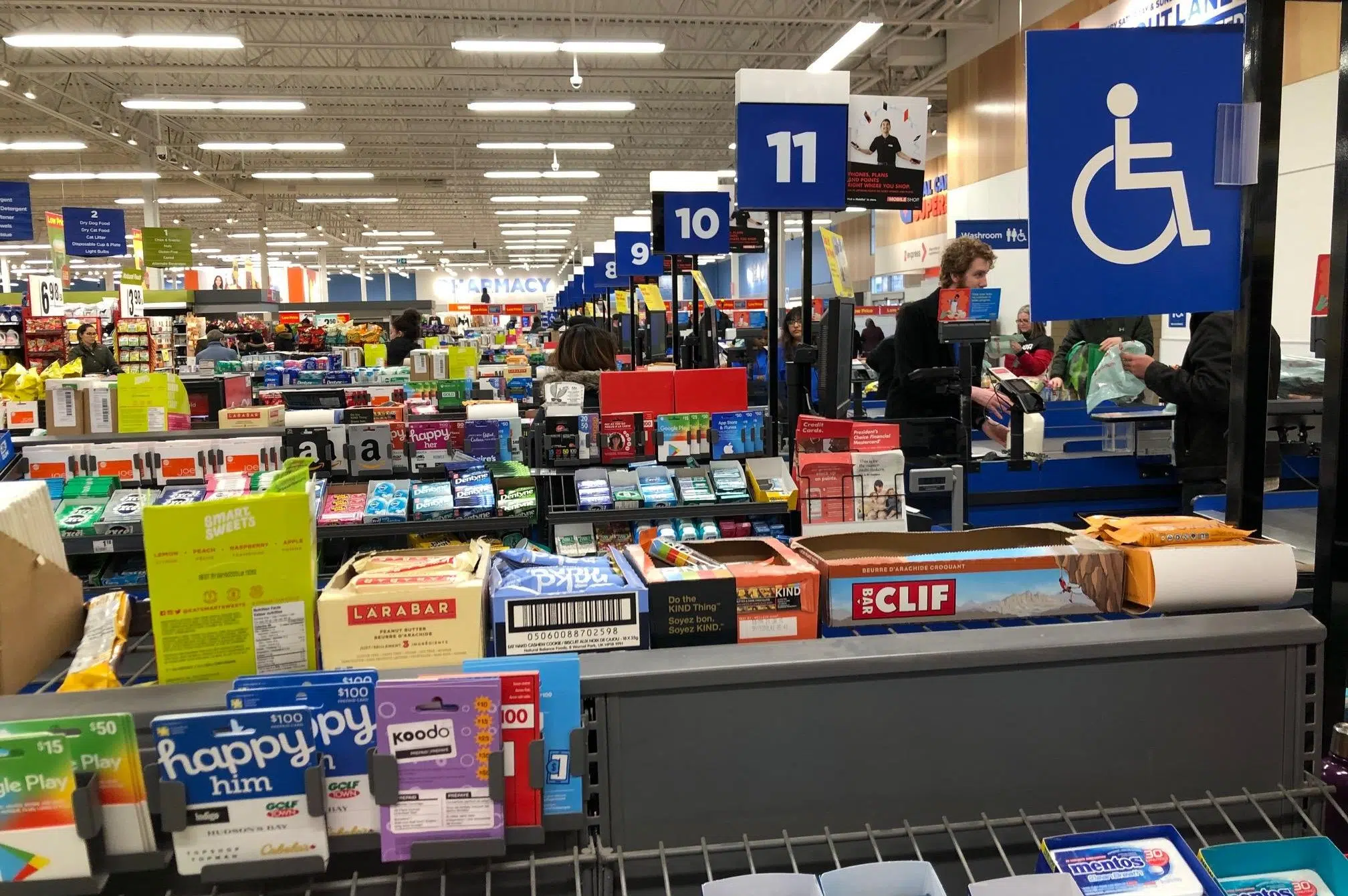Canadians are spending too much on groceries and it seems those who want to spend less on groceries have nowhere to go.
To make matters worse for those looking to save, all of Canada’s discount banners, including No Frills and FreshCo, are owned by a large corporation.
Sylvain Charlebois, a food distribution and management professor at Dalhousie University’s agri-food analytics labs, spoke with Gormley on Monday and said he understands many Canadians are feeling gouged when they go to the grocery store.
“When you look at grocers’ financial statements, there’s still no clear evidence that there’s some gouging in relation to food sales,” Charlebois said. “Food sales are up seven per cent, while the food inflation rate is actually about 10.”
The reality is that here in Canada, there’s no go-to place when it comes to discounting year-round, which makes the country different from the rest of the world, Charlebois says.
Countries like Germany have stores that are completely centred around offering customers the lowest price possible.
“Aldi and Lidl (are both based in Germany) and they are now in the U.S.,” Charlebois added. “It’s all about discounting and minimizing everything. The business model is pretty simple. It’s bare-boned.”
When looking for discounts in Canada, people could consider Costco, but that doesn’t really give them the same savings a true discount grocery store would, the professor said.
“You need a car and a lot of space. That’s the problem with Costco because when (someone goes) to Costco, (they spend $300 to $500 on average every time they go there),” Charlebois said. “(They) buy a lot of stuff … With Lidl and Aldi, (they) can actually go there and buy what (they) need for the day or the next day.”
Charlebois adds he believes Canadian grocers are quite comfortable at the moment and doesn’t expect to see any change anytime soon.
“Every time there’s a disrupting menace, they’re shaken up and we see discounts,” he said. “When Target came into the Canadian market in 2014 … a lot of people we’re panicking — ‘Oh my goodness, a new competitor’ — and we saw a lot of good deals at the grocery store.”
According to Charlebois, market directors are good for people’s pocketbooks and competition is currently largely suppressed by the oligopoly.
When thinking about discount retailers, Wal-Mart often comes to mind.
Charlebois says Wal-Mart is the most aggressive banner in the country and wants to become Canada’s top grocer.
“Loblaw is (first) at 36 per cent market share and right now Wal-Mart is probably No. 3 along with Metro and Costco when it comes to food sales and they’re at about, I believe, $17 (billion) or $18 billion,” he said. “They have a long way to go before catching up to (Loblaw) and (Loblaw) knows it. They own a lot of good real estate, so it’s going to be difficult for Wal-Mart to make a difference.”
Charlebois said it would be difficult to get stores like Lidl and Aldi to come to Canada because it’s an expensive market to serve.
“We’re far apart and we’re only 38 million people, that’s the problem,” he added. “(Building) better infrastructure to keep costs down … would certainly help.”
There’s some discussion about a new code of conduct that would apply to food retailers, which Charlebois says is the country’s best hope for lower prices.
“(It) will discipline companies like (Loblaw) and Wal-Mart,” he said. “They’re basically charging extra fees to suppliers and suppliers really don’t offer good deals to independent grocers and other players in the market … A company like Loblaw right now will and can make or break companies.”
The professor added this will minimize the influence of larger corporations, giving a chance for suppliers and independent grocers to survive.











